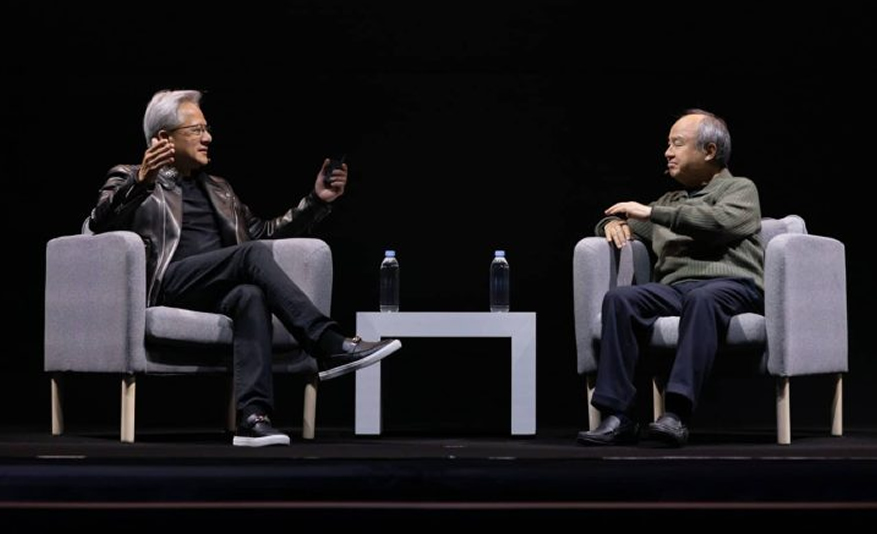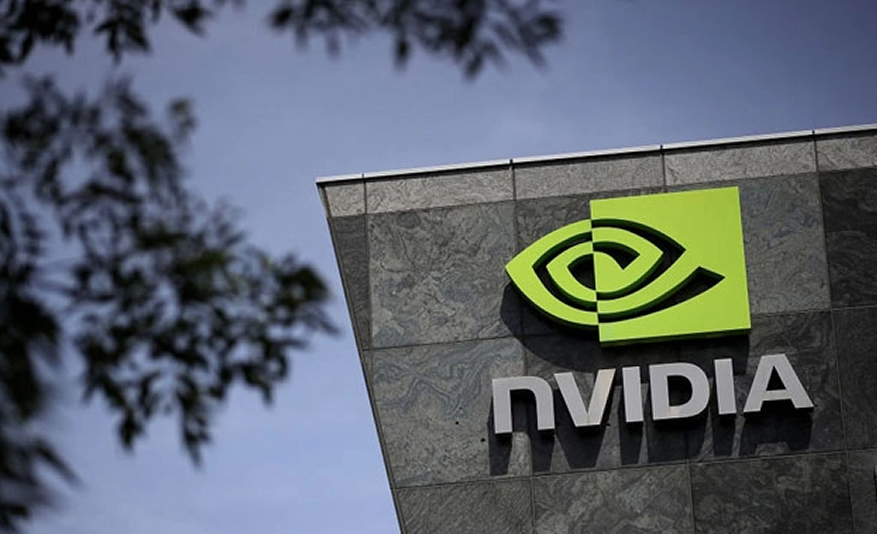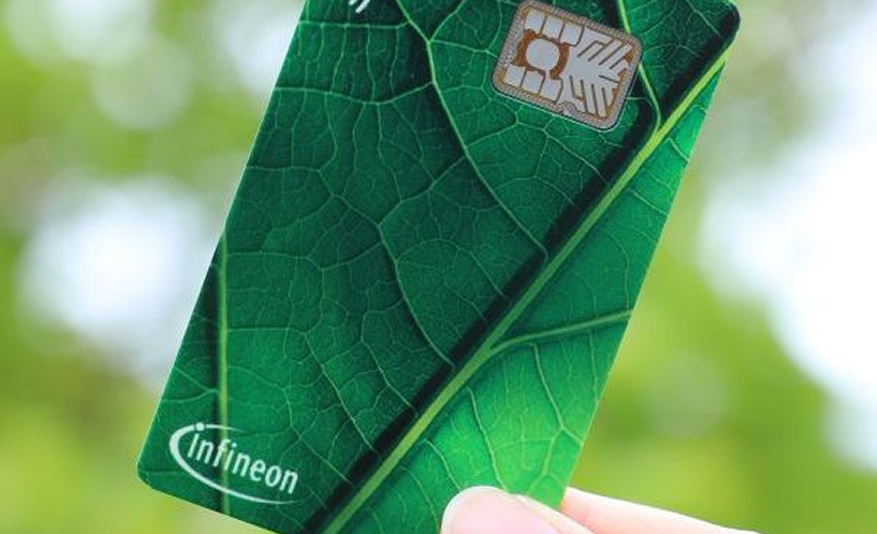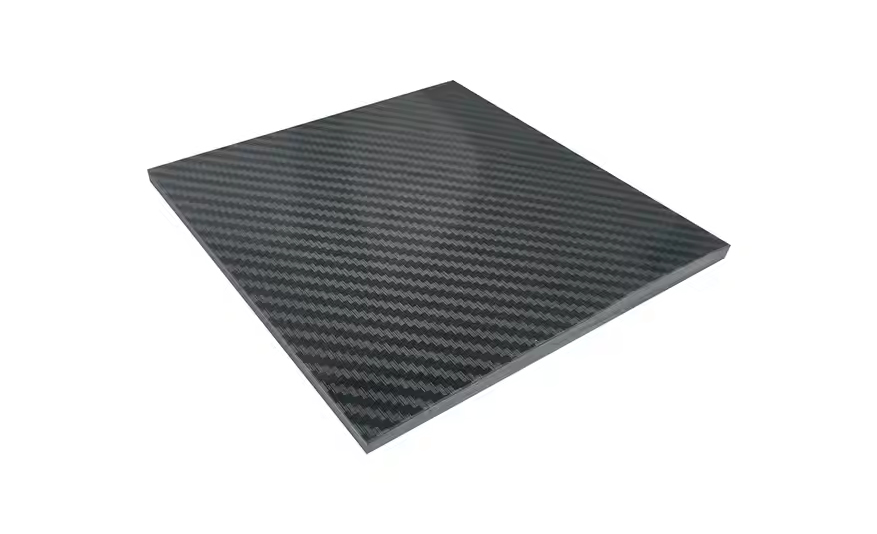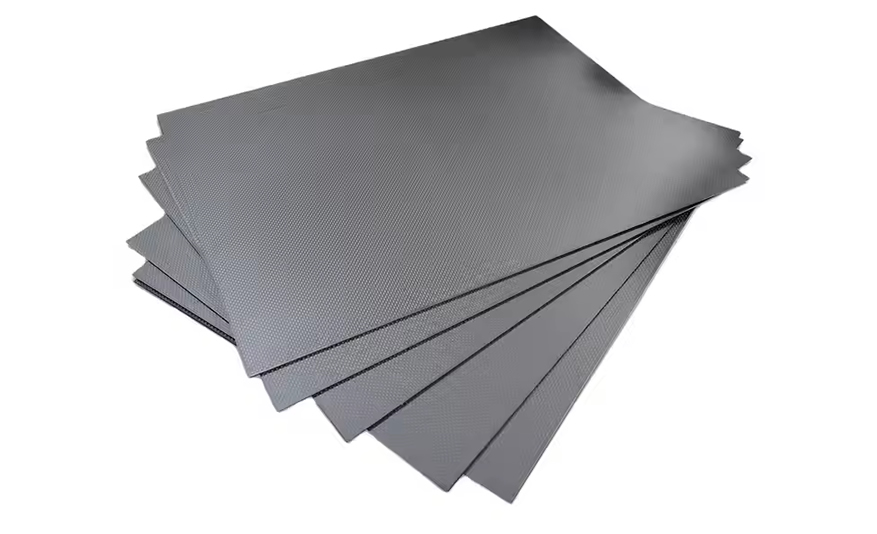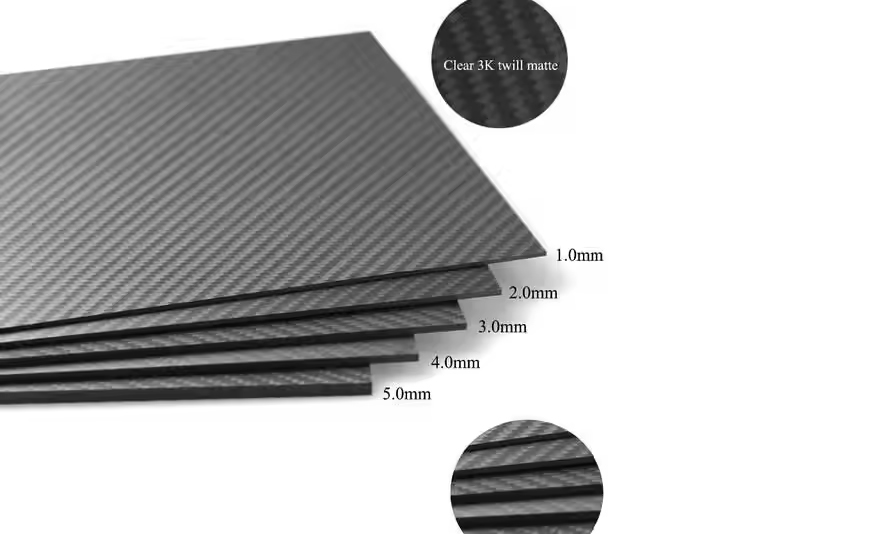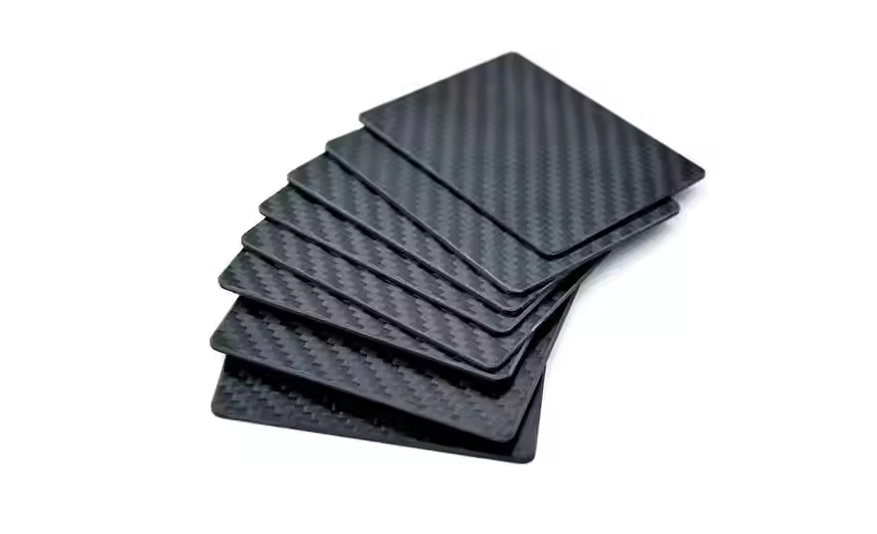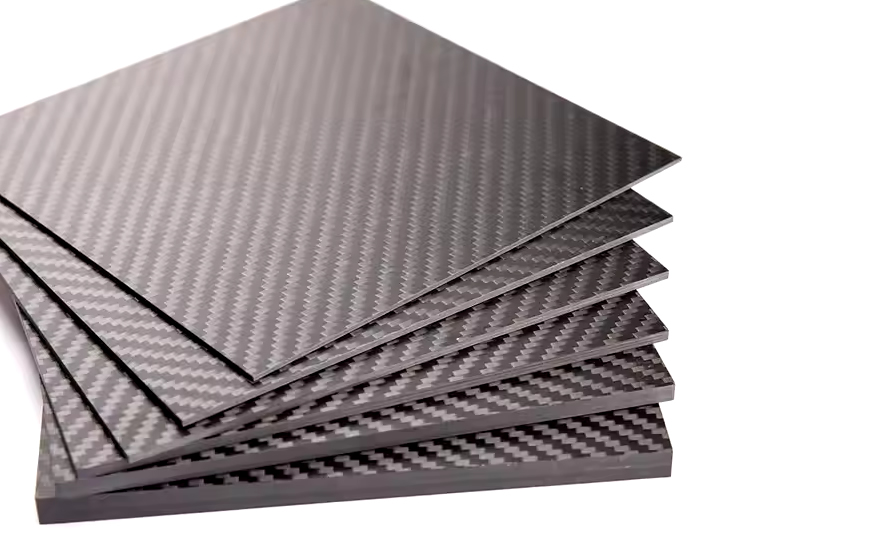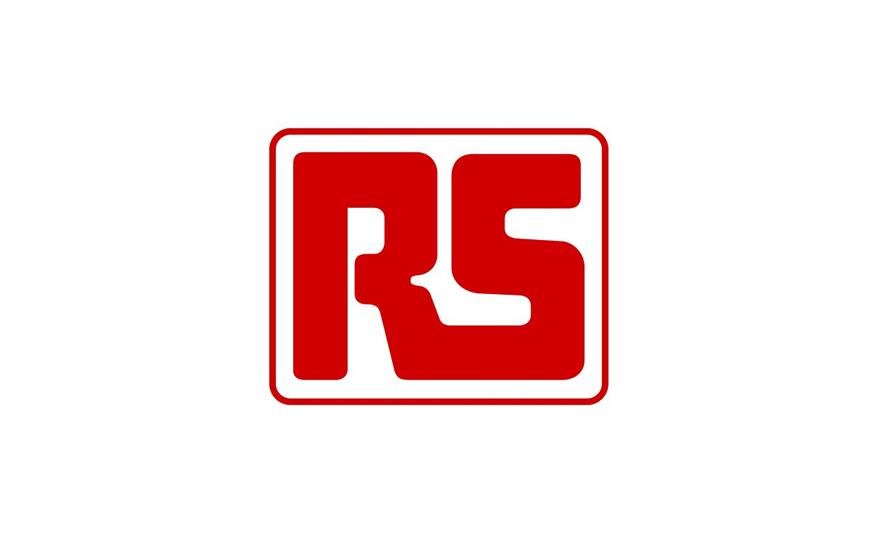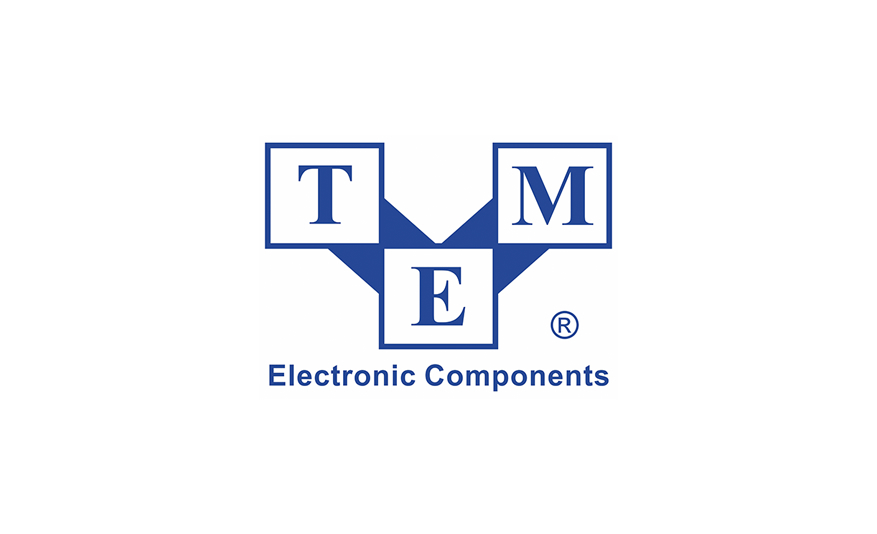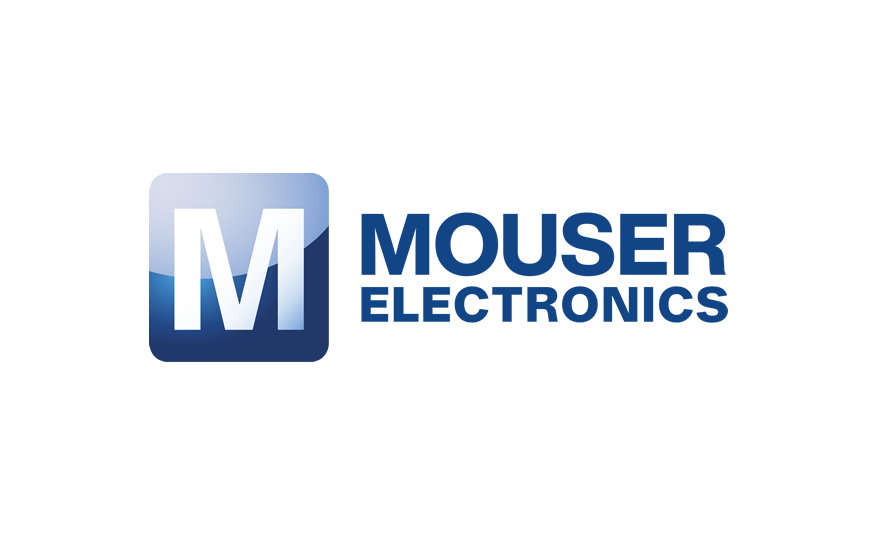Lebanon will begin importing more telecoms products from China after a wave of deadly attacks last month that targeted electronic devices, according to a Lebanese business group, which said the West had “lost credibility”.

Ali Al Abdullah, president of the Lebanese Chinese Business Association, said his country, along with “many other countries”, would reduce purchases of tech products from Western countries and “turn east for technology” due to safety concerns, adding that Western companies would “suffer major losses”.
“What happened is a lesson for Lebanon and the world,” he told China Global Television Network, a state-backed news channel, in an interview aired on Sunday.
There has been no official confirmation from Chinese authorities that imports of telecoms products from China to Lebanon would be increased.
The two days of attacks in Lebanon targeted pagers and then walkie-talkies, which killed dozens of people and wounded thousands, including civilians as well as members of Lebanese armed group Hezbollah.The attacks were widely believed to be orchestrated by Israel, Lebanon’s southern neighbour, targeting Iran-backed Hezbollah, but Israel has not directly claimed responsibility for the operation.
Media reports, citing US and other officials, said that Israel had hidden explosive material in a batch of pagers made by a Taiwanese manufacturer before the devices were sent to Lebanon. Since the assaults, military attacks between Israel and Hezbollah have intensified, with Israel launching thousands of air strikes targeting Hezbollah-dominated areas in Lebanon, as well as what Israel has called a “limited” ground incursion this month, fuelling fears of an all-out war. The armed clashes have disrupted Lebanon’s trade, particularly with its largest trading partner, China, according to Al Abdullah. Bilateral trade between the two countries amounted to US$2.44 billion last year. In the first half of this year, trade volume reached US$1.14 billion. Lebanon imports electronics, electric appliances, shoes, clothes, and office and home furniture from China, while Lebanon’s exports to China include copper, olive oil, alcohol, mixed nuts, beauty products and jewellery. “But now it’s decreasing because of the war,” Al Abdullah said, adding that despite most Chinese having been evacuated earlier this month due to safety concerns as the year-old conflict escalates, some companies have stayed. “This gives us encouragement that they will stick with us,” he said. Lebanon’s Ministry of Public Health said Israel had killed more than 2,200 people and injured more than 10,000 after a year of fighting against Hezbollah forces.



